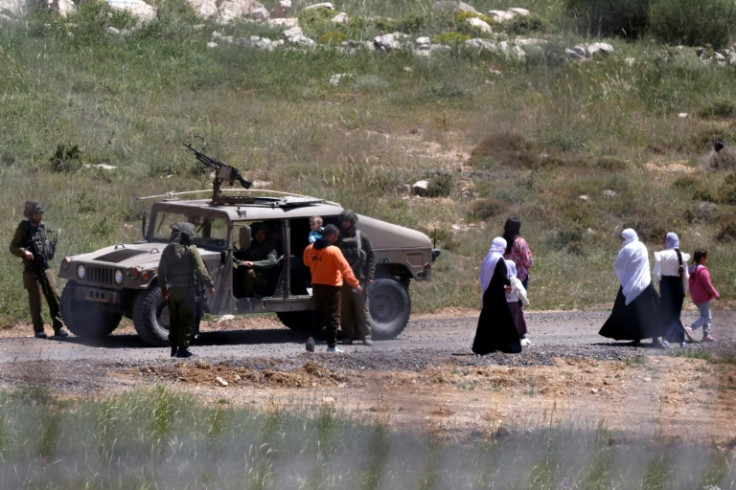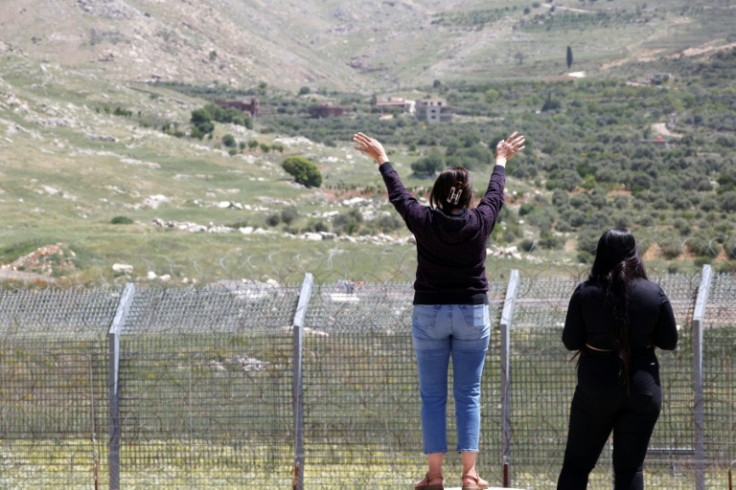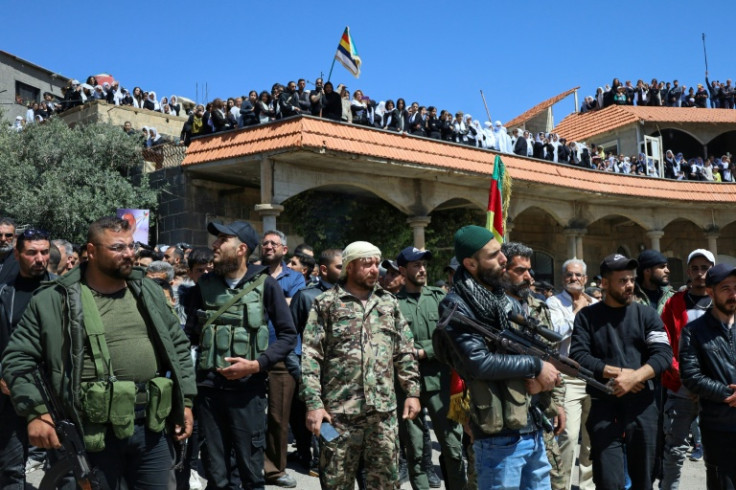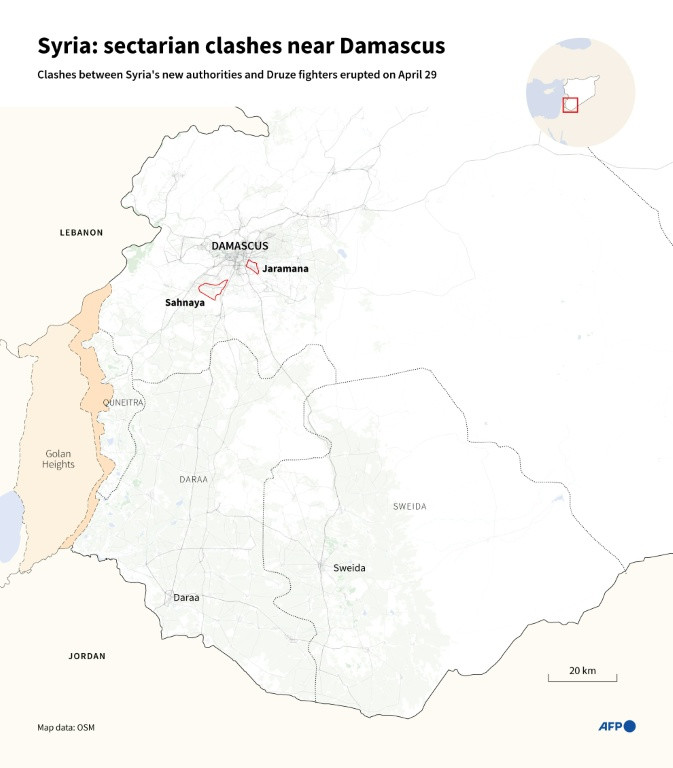UN Envoy Urges Israel To Halt Syria Attacks 'At Once'

United Nations special envoy Geir Pedersen urged Israel Saturday to halt its attacks on Syria "at once", after it carried out multiple air strikes targeting the Islamist-led authorities following sectarian violence this week.
Fresh Israeli raids were reported overnight, after Israel said repeatedly that its forces stood ready to protect the Druze minority after sectarian clashes killed 119 people, mostly Druze fighters, according to a Britain-based war monitor.
Since ousting longtime ruler Bashar al-Assad in December, Syria's new authorities -- who have roots in Al-Qaeda -- have vowed inclusive rule in the multi-confessional, multi-ethnic country, but they must also contend with pressure from radical Islamists in their ranks.
"I strongly condemn Israel's continued and escalating violations of Syria's sovereignty, including multiple air strikes in Damascus and other cities," Pedersen said in a post on X, calling "for these attacks to cease at once".
The Syrian Observatory for Human Rights said more than 20 strikes hit military targets across Syria late Friday, in the "heaviest" assault carried out by Israel on its neighbour this year.
Syria's state news agency SANA reported strikes near Damascus and in the country's centre, west and south, saying one civilian was killed.
An Israeli military statement said its forces "struck a military site, anti-aircraft cannons and surface-to-air missile infrastructure in Syria". It did not give further details.
Firas Aabdeen, 32, a member of the security forces in Harasta near Damascus where one of the attacks hit, said he heard several "very loud" strikes and that a largely disused Assad-era military barracks was targeted.
The barrage followed an Israeli attack near the presidential palace in Damascus early on Friday, which Israeli Prime Minister Benjamin Netanyahu and Defence Minister Israel Katz called a "clear message" to Syria's new rulers.
"We will not allow forces to be sent south of Damascus or any threat to the Druze community," they said.
Israeli foe Iran, which propped up the now ousted Assad government, condemned the strikes, accusing Israel of seeking to "destroy and annihilate the defence, economic and infrastructure capabilities of Syria as an independent country".
Lebanon's Iran-backed Hezbollah group, also an Assad ally, said that the attacks were "a clear attempt to undermine" and weaken Syria.
The Israeli military said it was "deployed in southern Syria" and "prepared to prevent the entry of hostile forces into the area of Druze villages".
Since the collapse of the Assad government late last year, Israeli troops have entered the UN-patrolled buffer zone on the Golan Heights and have carried out incursions deeper into southern Syria.
It was not immediately clear whether the Israeli army was speaking of a new deployment or how many troops were involved.
A Druze official in the community's heartland in Sweida province, said there had been "no deployment of Israeli soldiers" there.
This week, Druze clerics and armed factions reaffirmed their loyalty to a united Syria, following clashes between Druze fighters and loyalists of the new government.
The unrest in Sweida and the southern suburbs of the capital was sparked by the circulation of an audio recording attributed to a Druze citizen and deemed blasphemous. AFP was unable to confirm its authenticity.
The Observatory and Druze residents said forces affiliated with the new government attacked the towns of Jaramana and Sahnaya near Damascus and clashed with Druze gunmen.
The government blamed "outlaw groups" for the violence.
A de-escalation deal saw government troop deploy in Sahnaya and tighter security around Jaramana.
Israel's military said "five Syrian Druze citizens were evacuated to receive medical treatment in Israel overnight" after sustaining injuries in Syria.
The Druze official in Sweida said they were wounded "in clashes in Sahnaya" and feared being detained if they sought treatment in Damascus.
Middle East analyst Andreas Krieg said Israel was "directly interfering in the transition process in Syria".
Israel is using the Druze issue "as some sort of pretext to justify their military occupation" of parts of Syria, he told AFP.



© Copyright AFP {{Year}}. All rights reserved.





















